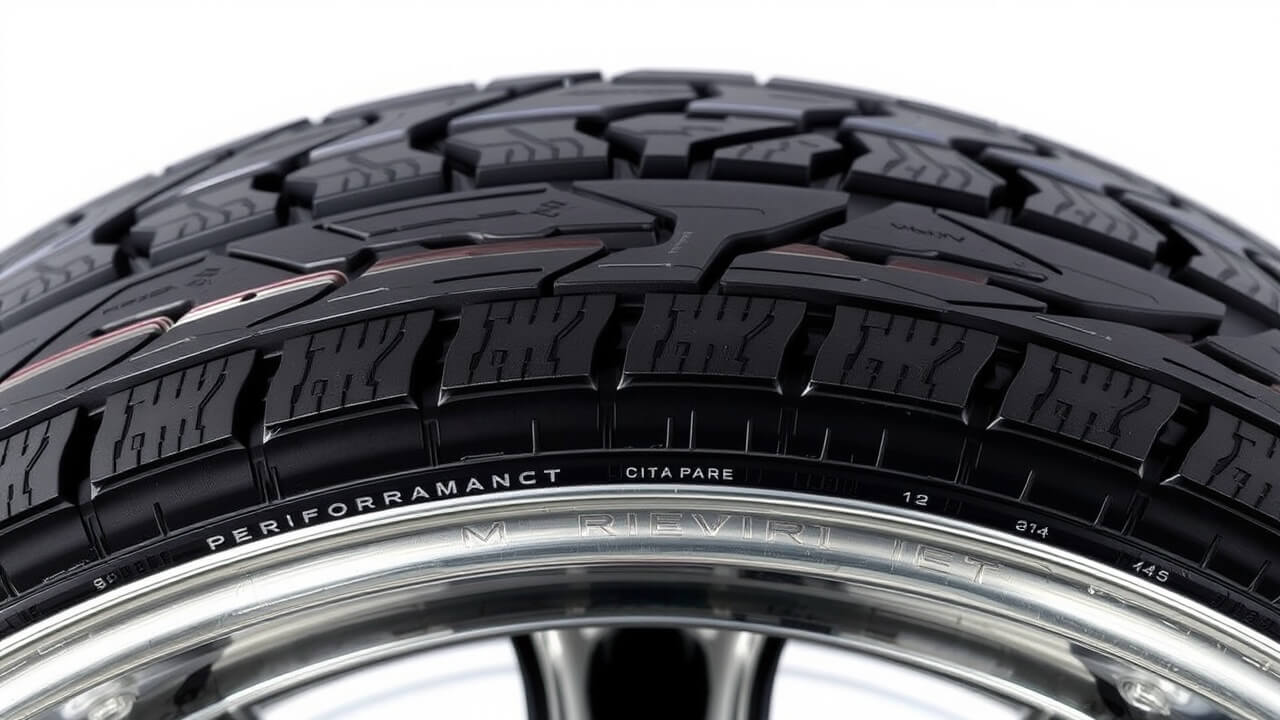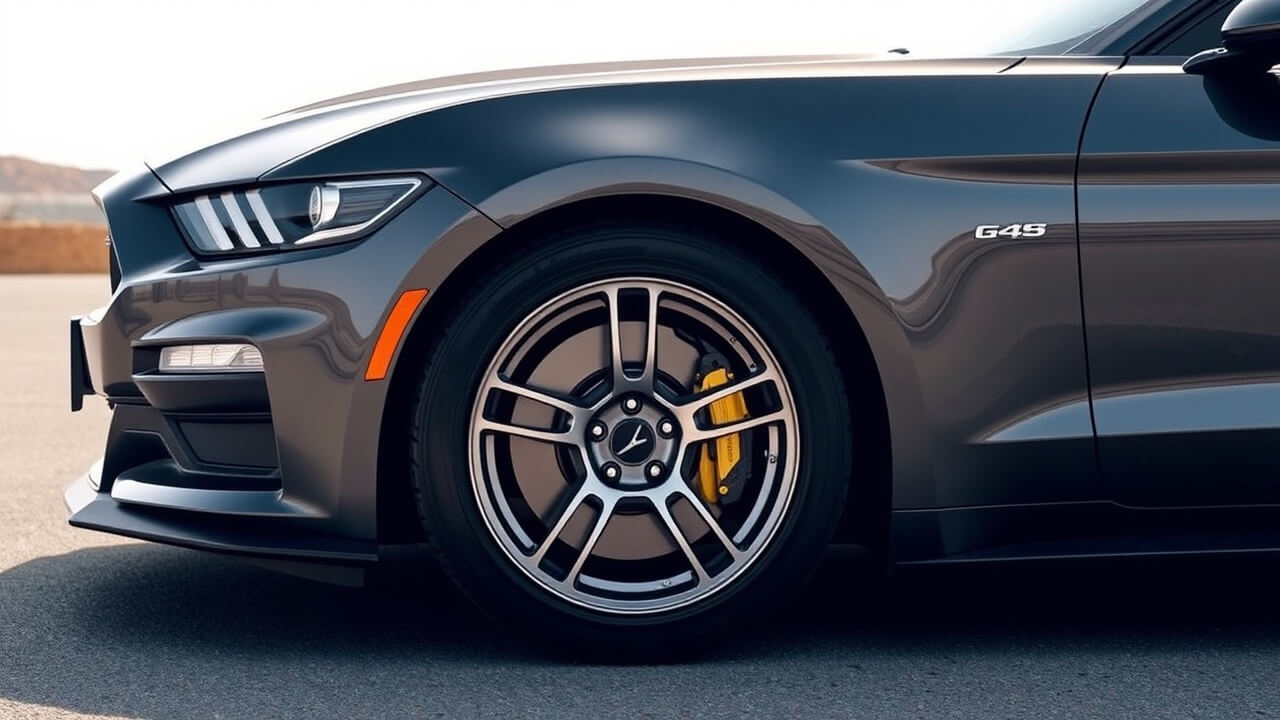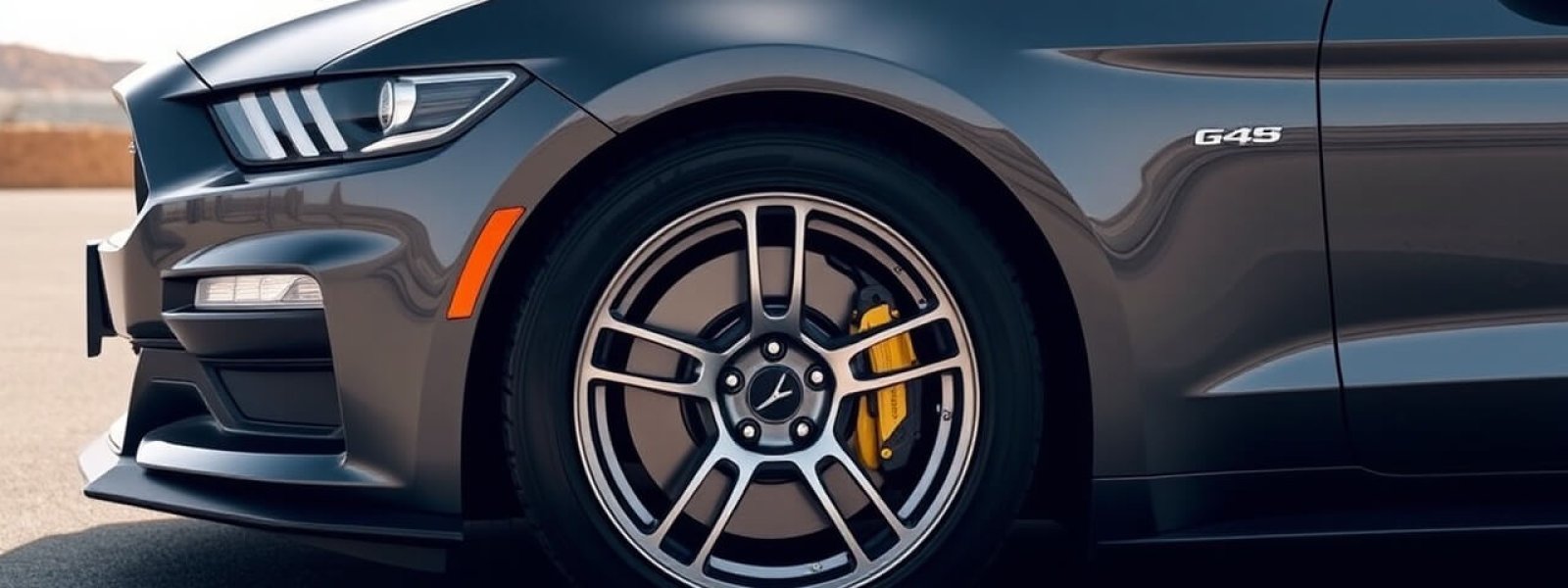When shopping for new tires, you might come across two popular options: performance tires vs summer tires. While both are designed for warm-weather driving, they serve different purposes and impact your vehicle’s handling, speed, and overall performance. Choosing the right set can make a significant difference in how your car performs on the road.
In this guide, we’ll break down the key differences between performance tires vs summer tires, helping you decide which option best suits your driving style, climate, and budget. Whether you’re looking for better grip on sharp turns or a comfortable ride for daily commuting, we’ve got you covered! 🚗💨

Performance Tires vs Summer Tires: What’s the Difference?
When it comes to upgrading your car’s tires, the choice between performance tires and summer tires can be confusing. While both types are designed for warm-weather driving, they serve different purposes and impact your vehicle’s handling, speed, and overall performance.
In this guide, we’ll break down the key differences, benefits, and when to choose performance tires vs summer tires for your driving needs.
What Are Summer Tires?
Summer tires are designed for optimal performance in warm weather conditions, typically above 45°F (7°C). They provide:
✔️ Excellent dry & wet traction – Specialized tread patterns and rubber compounds enhance grip.
✔️ Improved fuel efficiency – Less rolling resistance compared to all-season tires.
✔️ Shorter braking distances – Designed for superior stopping power on both wet and dry roads.
🚗 Best for: Everyday driving, warm climates, and those who prioritize comfort and fuel economy.
What Are Performance Tires?
Performance tires take summer tires to the next level by focusing on high-speed stability, sharper handling, and enhanced grip. They feature:
✔️ Aggressive tread patterns – Maximizing road contact for better traction.
✔️ Stiffer sidewalls – Improves cornering ability at high speeds.
✔️ Heat-resistant rubber compounds – Prevents overheating during intense driving.
🏎️ Best for: Sports cars, performance vehicles, and drivers who enjoy spirited driving or track days.

Key Differences: Performance Tires vs Summer Tires
| Feature | Summer Tires | Performance Tires |
|---|---|---|
| Traction | Great on dry & wet roads | Exceptional on dry roads |
| Speed Handling | Good for daily driving | Optimized for high speeds |
| Cornering Stability | Moderate | Excellent |
| Comfort | Smooth ride | Firmer ride, more road feedback |
| Lifespan | Longer tread life | Shorter due to softer rubber |
| Price | Affordable to mid-range | More expensive due to advanced technology |
🚗 Upgrade to High-Performance or Summer Tires – Delivered & Installed Fast!
Now that you understand the differences between performance tires and summer tires, it’s time to pick the right set for your driving needs. Whether you need ultra-high-performance tires for speed and grip or summer tires for everyday performance, Amazon offers a wide range of top-rated options at competitive prices.
✅ Plus, Amazon makes it easy to get your tires professionally installed at a service center near you!
🔗 Shop Performance & Summer Tires + Installation on Amazon
When Should You Choose Performance Tires Over Summer Tires?
✔ If you drive a high-performance vehicle – Sports cars and performance sedans benefit from the improved grip and stability.
✔ If you enjoy aggressive driving – Sharp turns, quick accelerations, and fast highway speeds demand performance tires.
✔ If you occasionally hit the track – Track days and spirited drives require maximum traction and cornering ability.
🚧 Avoid performance tires if: You prioritize comfort, longevity, and fuel efficiency over speed and handling.
Final Verdict: Which Tires Are Right for You?
- Choose summer tires if you want a balance of grip, comfort, and longevity for everyday driving in warm climates.
- Choose performance tires if you want maximum handling, speed, and traction for an exhilarating driving experience.
Regardless of your choice, always ensure your tires match your driving style, vehicle type, and climate conditions for safety and performance.
☀️ Maximize Speed, Grip & Control – Get Your Tires Delivered & Installed Today!
Choosing between performance tires and summer tires? No matter which you prefer, the right set will transform your driving experience with enhanced traction, cornering stability, and precise handling.
🔥 Amazon makes it easy—order top-rated tires from leading brands and get them professionally installed in your area for a seamless experience.
🚀 Don’t wait—get the best tires for your vehicle today!
🔗 Find the Best Performance & Summer Tires + Get Them Installed on Amazon
Conclusion
Choosing between performance tires and summer tires depends on your driving style, vehicle, and performance needs. If you’re looking for a smooth, fuel-efficient ride for daily commuting in warm weather, summer tires are the best choice. However, if you crave high-speed handling, superior cornering, and maximum grip, then performance tires are worth the investment.
Before making a decision, consider your budget, driving habits, and how often you encounter wet or dry conditions. No matter which option you choose, always maintain your tires properly to ensure safety and longevity.
☀️ Want to dive deeper into summer tires? Learn everything you need to know about tread patterns, rubber compounds, and top tire brands in our complete summer tire guide for 2025:
🔗 Everything You Need to Know About Summer Tires: A Powerful & Reliable Summer Tires Guide in 2025
FAQ: Performance Tires vs Summer Tires
1. Can I use performance tires year-round?
High-performance tires are designed for warm driving conditions and dry and wet roads, but they are not suitable for winter weather. If temperatures drop or there’s snow or ice, these tires lose their traction and grip. For winter driving, switching to snow tires or all-season tires is recommended.
2. Are performance summer tires worth the extra cost?
Yes! Performance summer tires are engineered for speed, traction, and grip, offering superior cornering grip and handling. However, ultra-high-performance summer tires (UHP) wear out faster than all-season tires, making them a better fit for enthusiasts rather than budget-conscious drivers.
3. Do summer tires perform well in wet conditions?
Yes, summer performance tires are designed to evacuate water efficiently, reducing hydroplaning risk on wet roads. Their exclusive compounds and sipes enhance traction and performance in temperate day conditions, but they may not perform well in freezing temperatures or extreme winter conditions.
4. How long do high-performance summer tires last?
The lifespan of high-performance summer tires depends on driving conditions and usage. Typically, they last 20,000 to 40,000 miles, but aggressive cornering, autocross events, and fast acceleration can shorten their life. Regular tire rotation and maintaining the proper tread compound help extend longevity.
5. Can I switch between summer and performance tires?
Absolutely! Many drivers use summer tires vs. performance tires depending on their needs. If you use your car for daily commuting and track days, having a wide variety of vehicles equipped with max performance tires ensures optimal handling for different purposes.
6. What’s the difference between performance tires and all-season tires?
- Performance summer tires are high-performance tire designs, optimized for traction and grip in warm climates.
- All-season tires are designed to balance traction during times of mild winter weather, offering versatility but not the same highest speed output as extreme performance tires.
- All-season tire offers more durability and a better ride quality in variable conditions but doesn’t outperform a high-performance summer tire on dry roads.
7. Do performance tires affect fuel efficiency?
Yes, high-performance summer tires provide better road grip and contact with the road, but this increased friction can slightly reduce fuel efficiency compared to all-season tires. However, the trade-off is maximum performance on dry and wet conditions, which many need for speed enthusiasts prioritize.
8. How do I know when to replace my performance or summer tires?
Check for:
✅ Tread depth below 2/32 inches – use a tire rack or tread gauge.
✅ Cracks or bulges on the sidewall.
✅ Uneven wear patterns, which can indicate misalignment.
✅ Reduced grip on wet roads, affecting traction during times of heavy rain.
9. Can I use summer or performance tires in light snow?
No! Performance tires and summer tire types harden in freezing temperatures, significantly reducing traction and grip. If you live in an area with light winter conditions, consider all-season tires instead to play it safe and get reliable handling.
10. Do performance tires make the ride harsher?
Yes! High-performance tire design includes stiffer sidewalls, improving cornering grip but resulting in less comfort on rough roads. While automotive technicians recommend them for autocross or track use, some season tires provide a smoother ride quality for daily driving.
